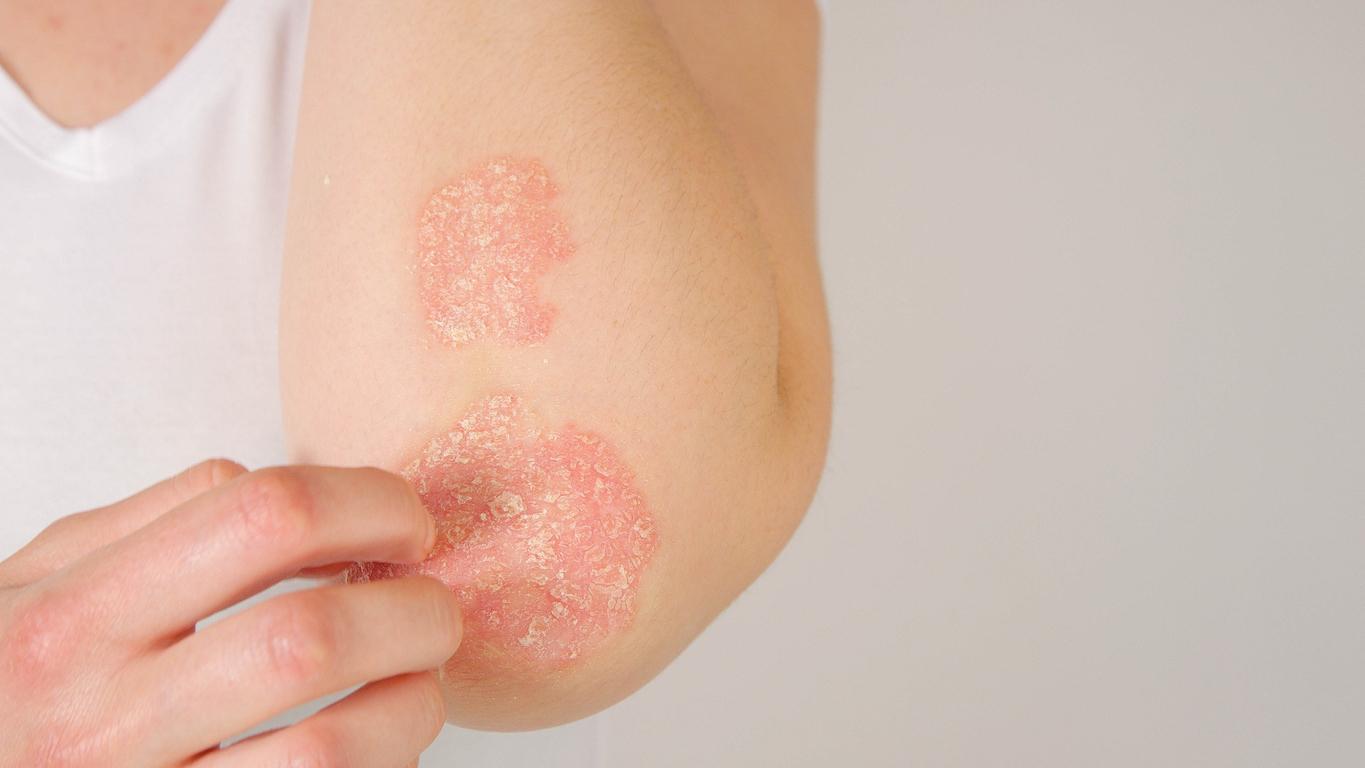Having an immune-mediated inflammatory disease (IMID), including inflammatory bowel disease, rheumatoid arthritis, psoriasis, and lupus, raises the risk of venous thromboembolism (VTE), as does COVID-19 infection.
A new retrospective population-based matched cohort study published today in JAMA Network Open sought to answer if the risk of VTE increased even further for people with IMIDs during COVID-19 infection by looking at rates of VTE in the 6 months following acute COVID infection in more than 28,000 adults in Ontario with an IMID.
"The interplay between COVID-19, IMIDs, and VTE remains undefined," the authors said.
The interplay between COVID-19, IMIDs, and VTE remains undefined.
The study was based on health administrative data from Ontario, which has a publicly funded healthcare program. All individuals with an IMID who tested positive for COVID-19 after January 2020 were randomly matched with up to 5 individuals without IMIDs who tested positive for COVID-19 based on age, sex, income, and rural or urban residence. Only individuals for whom the first diagnostic code for an IMID occurred before COVID-19 diagnosis were included as cases in the study.
Participants in the study were followed from the first positive COVID-19 test result until VTE, death, migration out of Ontario, or end of follow-up (March 31, 2022).
No need for VTE prophylaxis
In total, 28,440 individuals with an IMID diagnosed prior to their first COVID-19 diagnosis were matched to 126,437 controls. The average age of a person with IMID was 52.1 years, and 58.9% were female.
The most common IMID included in the study was psoriasis (37.8% of cases, or 10,739), followed by rheumatoid arthritis (5,883 cases), and inflammatory bowel disease (4,331).
Overall, the authors found no statistically significant difference in risk of VTE among cases and controls in the 6 months following a COVID-19 diagnosis.
The incidence of VTE within 6 months of COVID-19 diagnosis among individuals with an IMID was 2.64 (95% confidence interval [CI], 2.23 to 3.10) per 100,000 person-days, compared with 2.18 (95% CI, 1.99 to 2.38) per 100,000 person-days among matched individuals without IMID.
"While IMIDs and COVID-19 are independently associated with VTEs, we observed no additional risk of VTEs among individuals with IMIDs relative to matched individuals without IMIDs following COVID-19 diagnosis after adjusting for COVID-19 vaccination, history of VTE, and comorbidities," the authors concluded. "In the absence of severe IMID-related inflammation, VTE risk factors, and other comorbid conditions, the IMID itself should not determine the need for VTE prophylaxis."




















